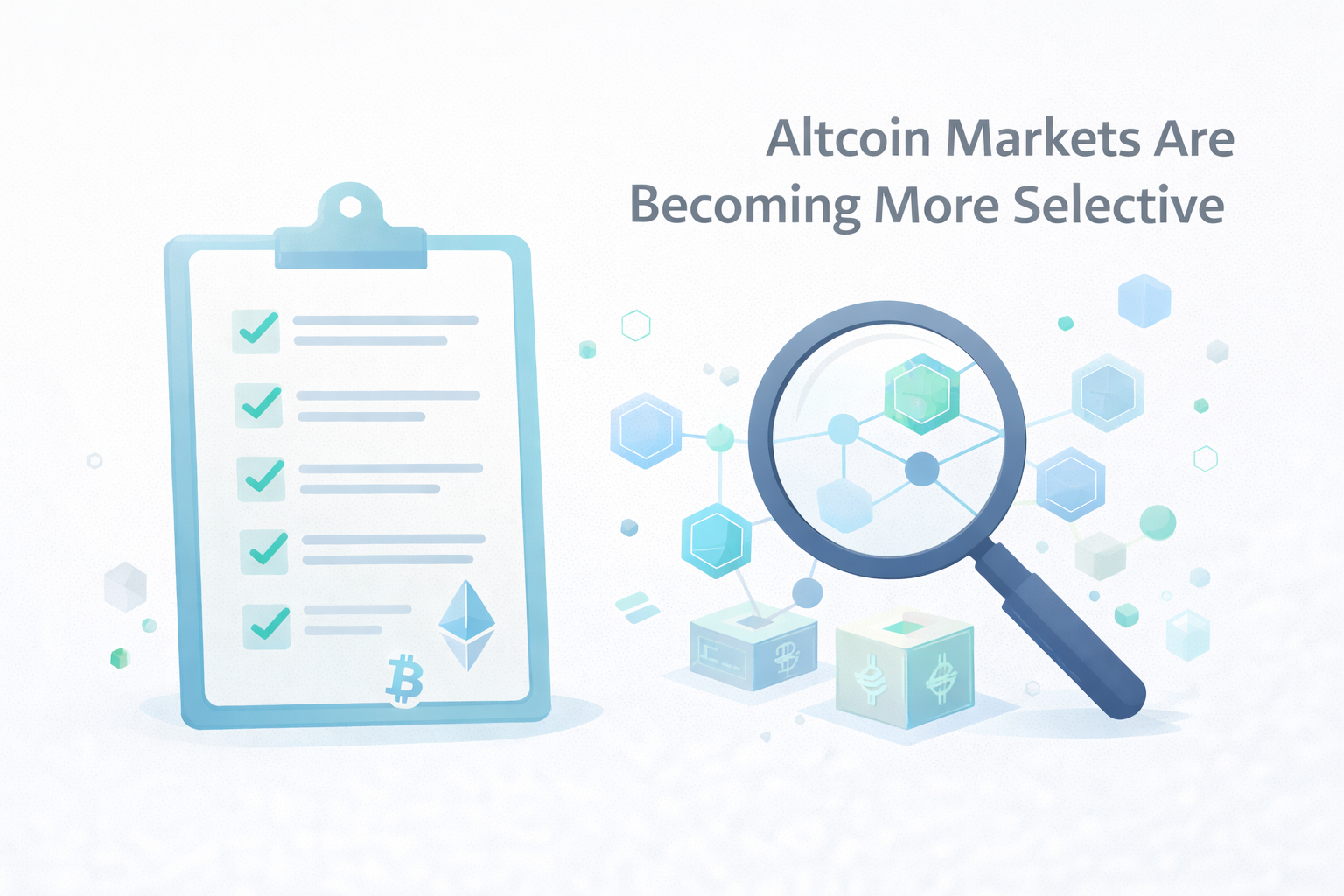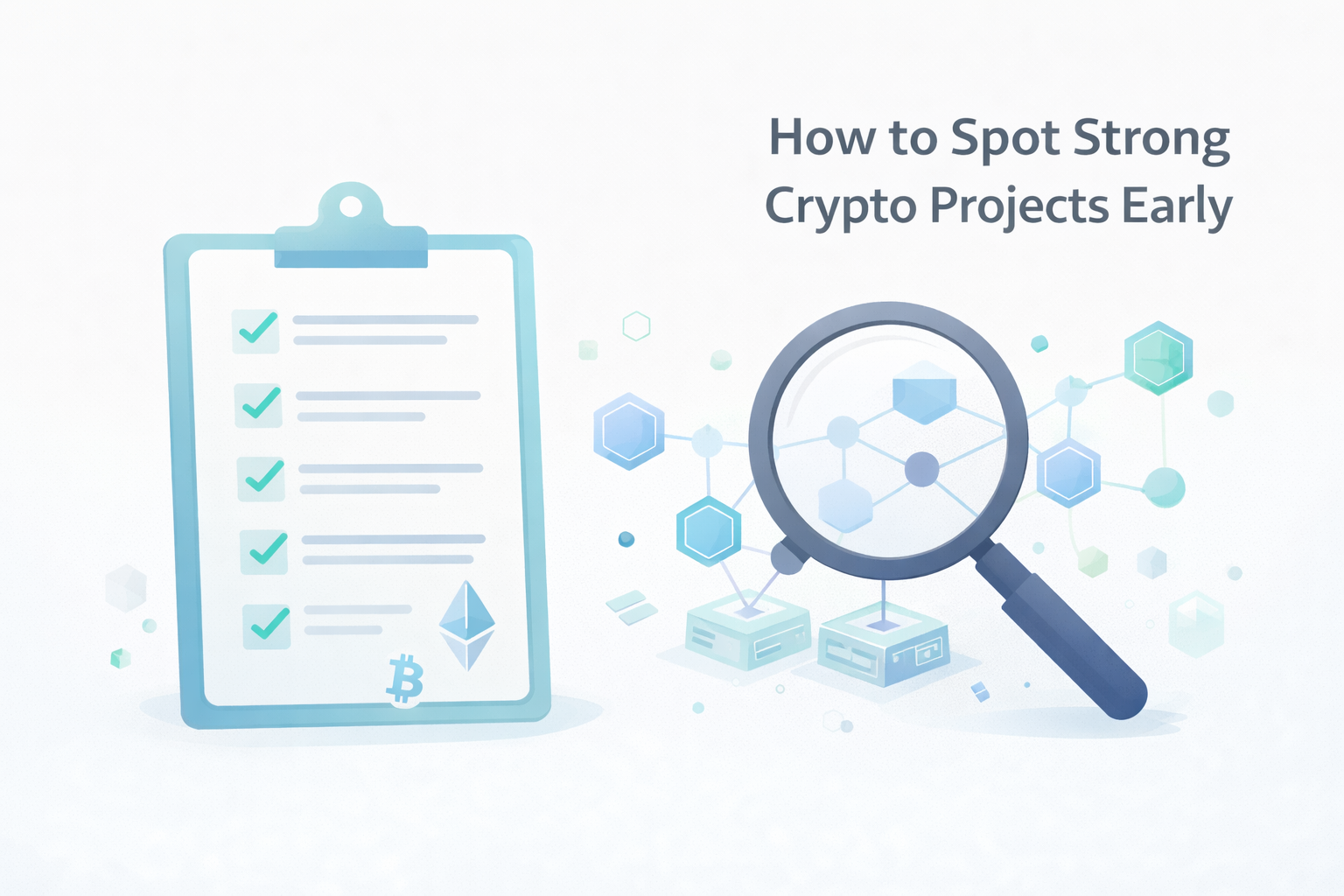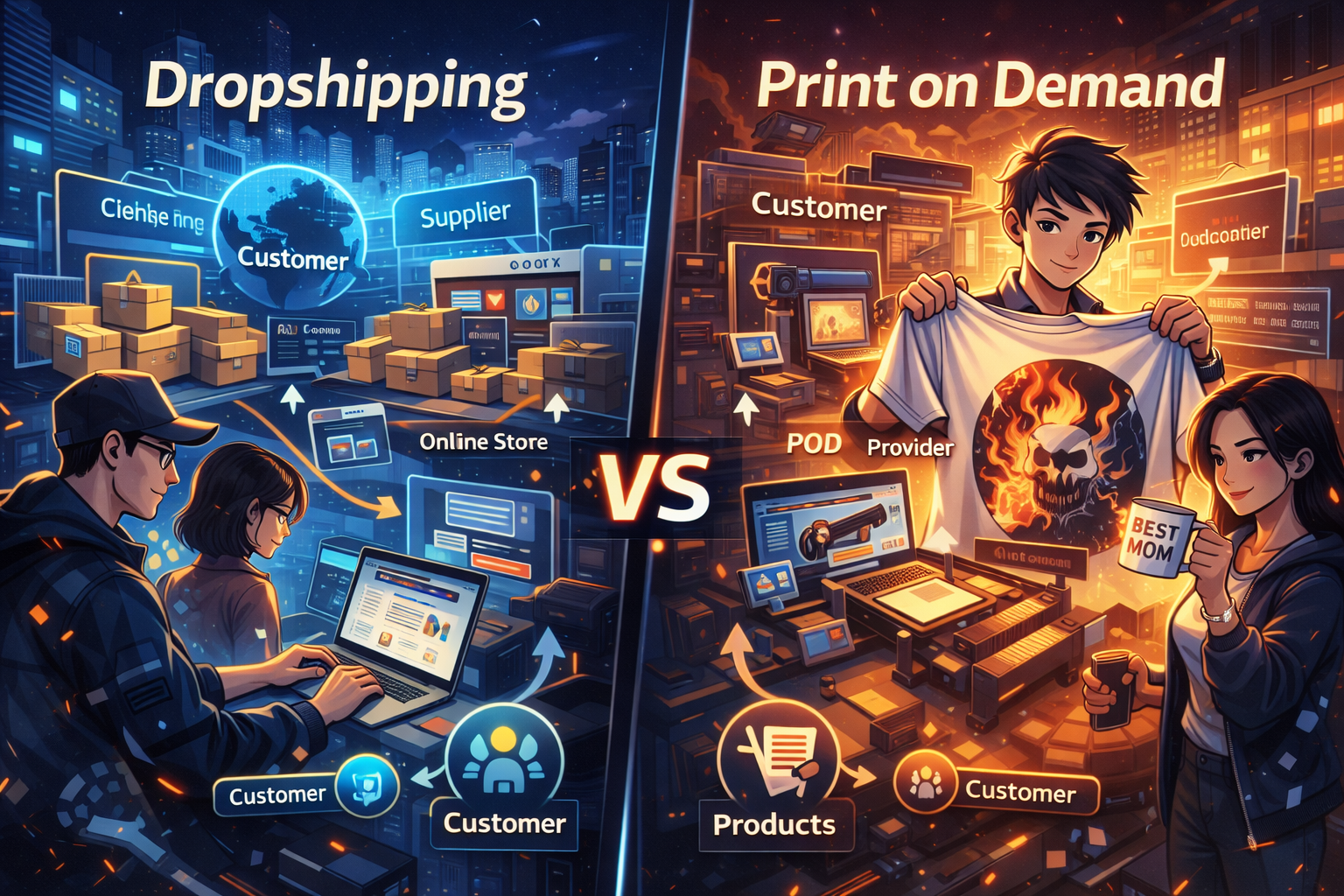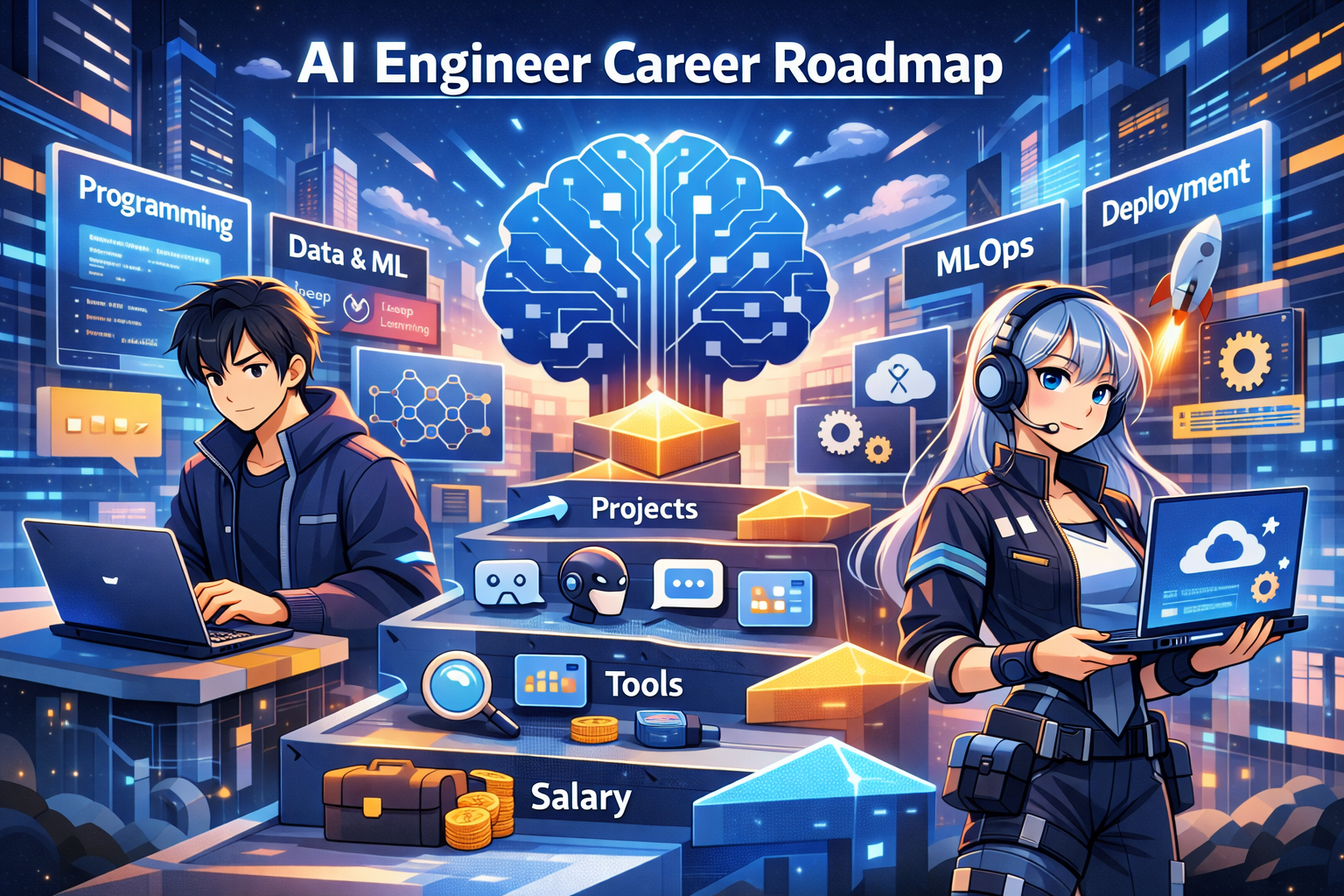The Future of Smart Homes: How AI is Revolutionizing Modern Living
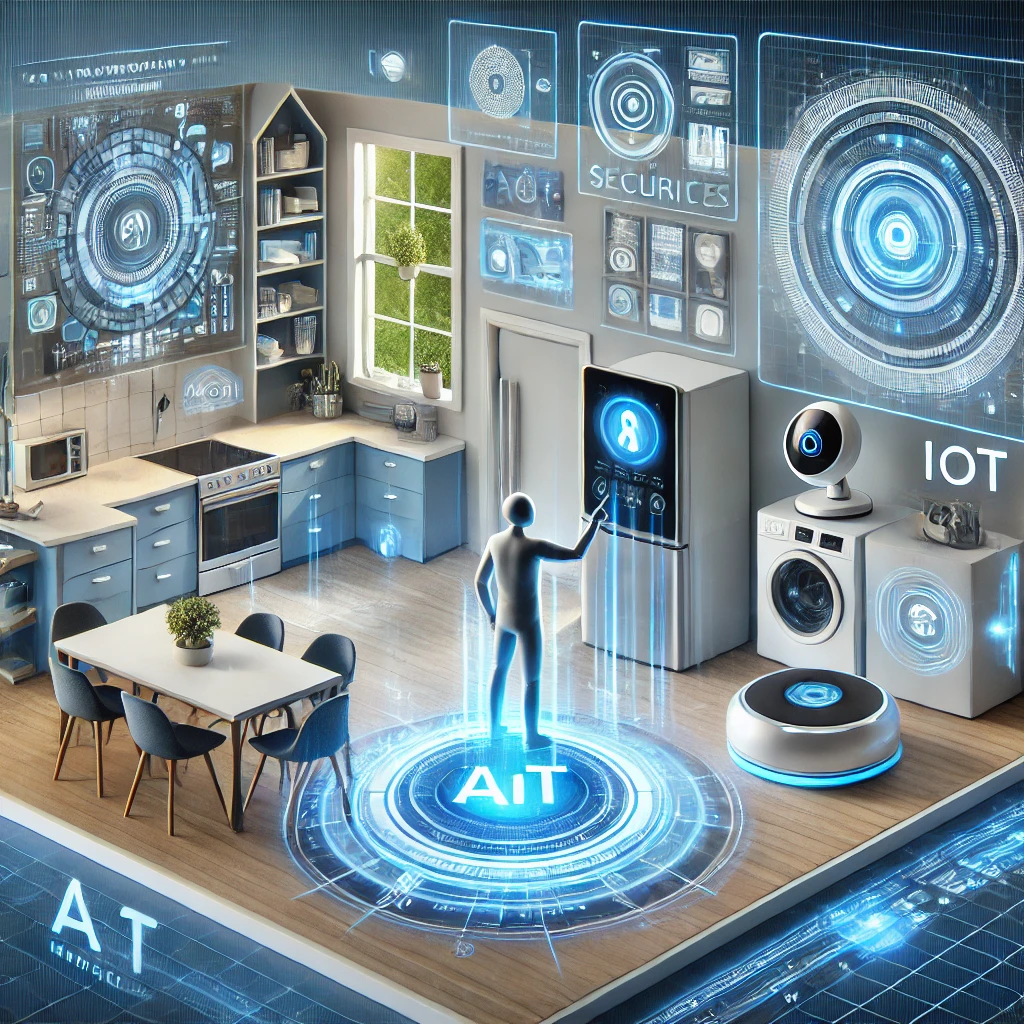
How AI is Transforming Smart Homes and IoT Devices
The concept of smart homes has evolved dramatically in recent years, thanks to advancements in artificial intelligence (AI) and the Internet of Things (IoT). AI-powered smart homes are no longer a futuristic fantasy—they are becoming a reality, enhancing convenience, security, and energy efficiency. From voice-controlled assistants to intelligent security systems, AI is revolutionizing how we interact with our living spaces.
1. AI-Powered Virtual Assistants 🏡🎙️
- Virtual assistants like Amazon Alexa, Google Assistant, and Apple Siri have become the core of smart homes.
- These AI-driven assistants can control smart lights, thermostats, locks, and even kitchen appliances using voice commands.
- The natural language processing (NLP) capabilities of these assistants are constantly improving, allowing them to understand and respond more accurately to user commands.
- AI chatbots are also being integrated into smart home ecosystems to provide real-time support and automate daily tasks.
- Future developments in contextual AI will enable virtual assistants to predict user needs based on past behaviors.
2. Smart Security and Surveillance 🔒📹
- AI-powered security systems now offer facial recognition, motion detection, and real-time alerts to homeowners.
- Smart cameras, such as Ring and Nest Cam, use AI to differentiate between humans, animals, and objects, reducing false alarms.
- AI-driven doorbell cameras and smart locks allow remote access control, ensuring enhanced security for smart home users.
- AI-powered anomaly detection can recognize unusual activity patterns and trigger security alerts before break-ins occur.
- Integration with law enforcement is being explored, allowing smart security systems to send real-time alerts to authorities during emergencies.
3. Energy Efficiency and Smart Climate Control 🌱⚡
- AI-enabled thermostats like Google Nest and Ecobee learn user preferences and adjust heating/cooling accordingly.
- Smart lighting systems, such as Philips Hue and LIFX, can adapt to user behavior and optimize power usage.
- AI can analyze energy consumption patterns and suggest ways to reduce electricity bills.
- Future AI-powered energy systems will predict optimal electricity usage, integrating with renewable energy sources like solar panels.
- Smart grids and AI-based automation will enhance power distribution, preventing energy wastage and reducing costs.
4. AI in Smart Kitchens and Appliances 🍽️🤖
- AI-powered refrigerators, such as Samsung Family Hub, can track food inventory and suggest recipes.
- Smart ovens can preheat, adjust cooking times, and monitor food using AI and IoT integration.
- AI coffee makers and dishwashers adjust settings based on user habits for improved convenience.
- AI-powered meal planners can integrate with grocery delivery services, ensuring a fully automated meal preparation experience.
- The introduction of robotic kitchen assistants will enable hands-free cooking and meal customization.
5. Personalized Home Automation and IoT Connectivity 📲🏠
- AI integrates multiple smart devices under a unified platform, ensuring seamless IoT connectivity.
- Home automation platforms like SmartThings and Apple HomeKit enable users to set routines, such as lights dimming at bedtime or coffee brewing in the morning.
- AI algorithms analyze user behavior and optimize smart home functionality based on daily routines.
- Adaptive learning AI can adjust home settings in real time based on weather conditions, occupancy levels, and activity patterns.
- Future AI developments will create hyper-personalized environments tailored to individual users through biometric and behavioral recognition.
6. Future Trends in AI-Powered Smart Homes 🚀🔮
- AI-powered robotics: Expect smart home robots to handle tasks like cleaning, cooking, and even companionship.
- AI-driven predictive maintenance: Devices will self-diagnose issues and schedule maintenance before breakdowns occur.
- Enhanced privacy measures: AI security improvements will ensure safer data handling for smart home users.
- 5G and Edge Computing: Faster, more efficient processing will make smart homes more responsive and interconnected.
- Digital twins for homes: AI will create virtual models of homes to predict maintenance needs and energy efficiency improvements.
- AI-powered health monitoring: Smart homes will integrate with health devices to track vital signs, detect anomalies, and even provide medical recommendations.
- Multi-sensory AI interfaces: Future AI systems will use touch, sound, and even scent recognition to enhance smart home interactions.
Final Thoughts about AI Powered Smart Homes
AI-powered smart homes are making daily life more convenient, secure, and efficient. As AI continues to evolve, our homes will become even more intelligent, anticipating our needs and seamlessly integrating technology into our lifestyles. The future of smart homes is not just about automation—it’s about creating living spaces that adapt, learn, and enhance our daily lives.
Are you ready to embrace the AI-powered smart home revolution? 🚀🏡
Read more🌐 about latest Tech updates on out Technology Category Section
#SmartHomes #AI #HomeAutomation #IoT #TechInnovation #FutureLiving #AIinTech


